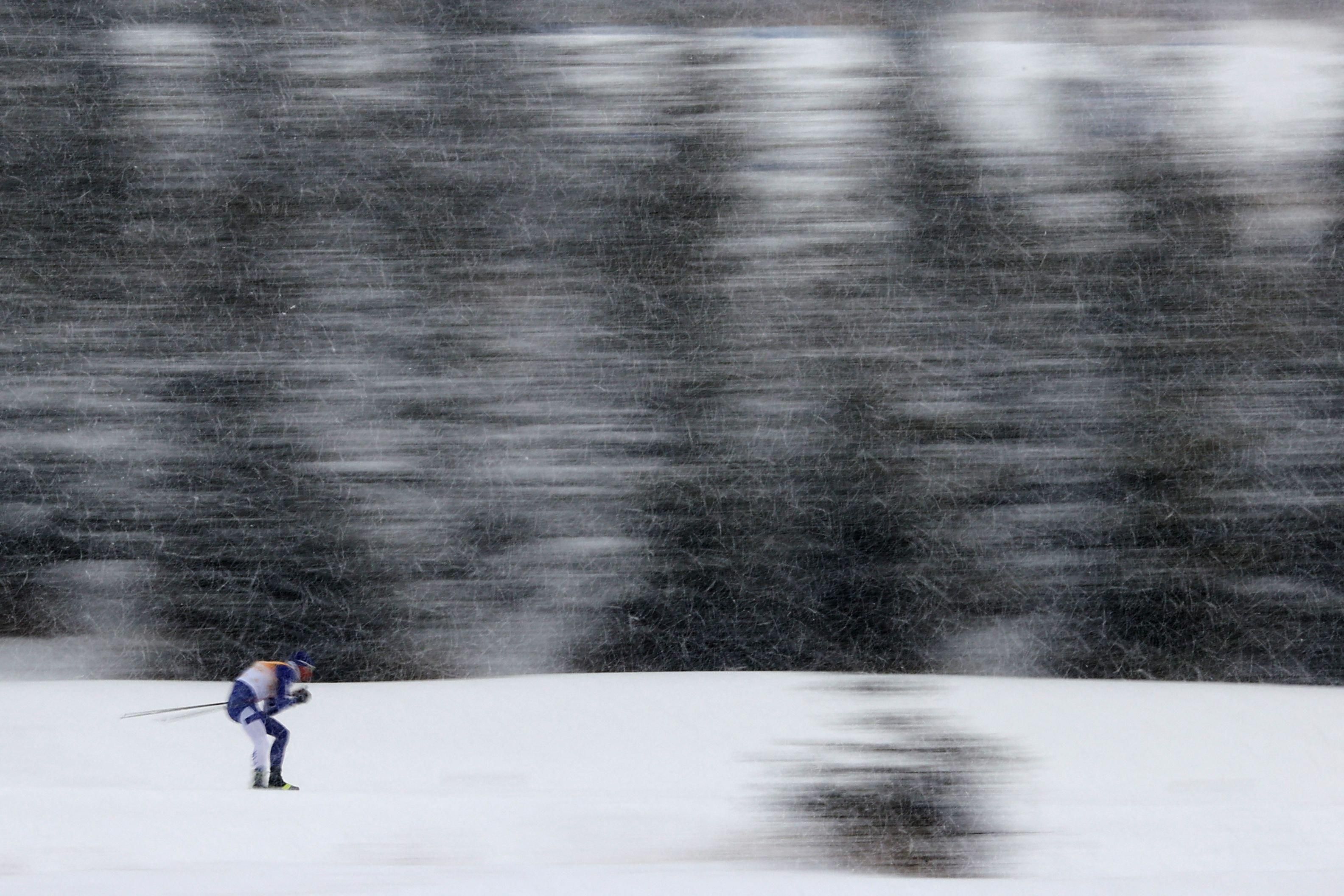Hard Numbers: Real snow disrupts Winter Games, French airstrikes in the Sahel, “blasphemy” lynching in Pakistan, Canadian cops arrest protesters
222 million: Several ski and slalom events had to be pushed back at the Beijing Olympics Sunday due to heavy snow and poor visibility. Ironically, China has been criticized for using 222 million liters of water to create artificial snow conditions for the Games.
40: In coordination with local forces, the French military conducted airstrikes in Burkina Faso Saturday, killing 40 militants believed to be linked to local terror cells. The French, who have been operating in a counterterrorism capacity in the jihadist-plagued Sahel region, said the targets were responsible for recent attacks in neighboring Benin, which killed a French national.
80: More than 80 people have been arrested in Pakistan’s Punjab province for lynching a man who allegedly burned pages of the Quran. Pakistan’s British-era blasphemy law triggers a potential death sentence for anyone who insults Islam, but critics say that the law is often used by vigilantes to target minorities and settle personal scores.
1.6: Canadian police started arresting protesters Sunday in Windsor, Canada, in an attempt to unblock the 1.6 mile Ambassador Bridge that runs from there to Detroit, Michigan, and accommodates more than a quarter of all trade between the US and Canada. This comes as weeks-long protests against vaccine mandates and other measures that have crippled Ottawa, the capital, continue to grow.